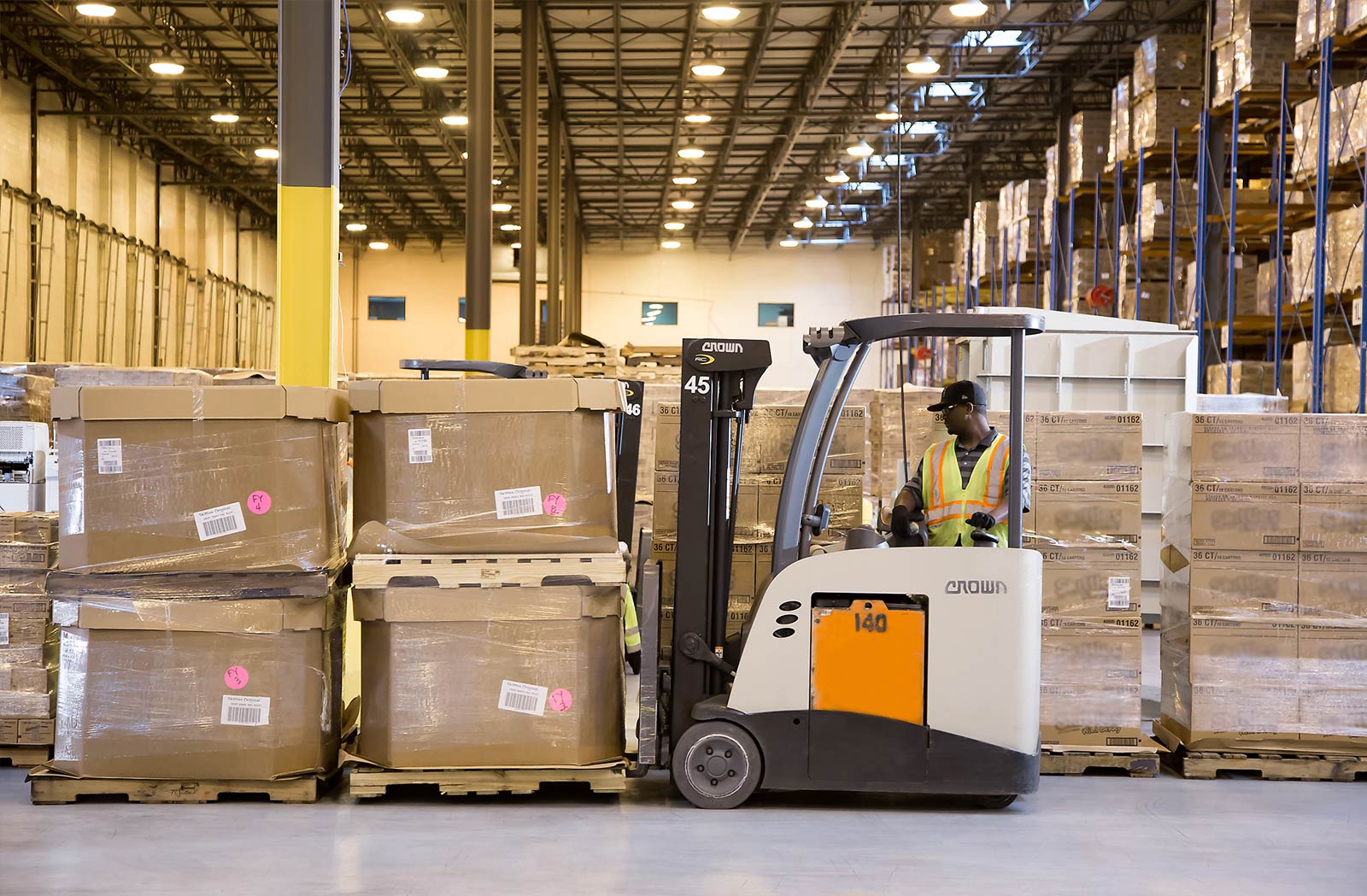Packing Jobs: Essential Roles in Warehouse and Logistics Operations
Packing jobs play a crucial role in the smooth functioning of warehouse operations, storage facilities, and logistics networks. These positions are integral to ensuring products are safely prepared for shipping, storage, or distribution. As e-commerce continues to grow and supply chains become increasingly complex, the demand for skilled packers remains steady across various industries. This article explores the nature of packing jobs, their importance in the logistics sector, and what individuals can expect when pursuing a career in this field.

How do packing jobs contribute to efficient logistics operations?
Packing jobs are essential to maintaining smooth logistics operations. Efficient and accurate packing ensures that products arrive at their destination undamaged, reducing the likelihood of returns and customer dissatisfaction. Well-packed items also optimize storage space in warehouses, allowing for better inventory management. Additionally, proper packing can help reduce shipping costs by minimizing package dimensions and weight while still providing adequate protection. By contributing to these aspects of logistics, packers play a vital role in maintaining the overall efficiency and cost-effectiveness of supply chain operations.
What skills and qualifications are needed for warehouse packing jobs?
While many packing jobs do not require formal education beyond a high school diploma, certain skills and qualities are essential for success in this field. Attention to detail is crucial, as packers must ensure that each item is correctly packaged and labeled. Physical stamina and the ability to lift heavy objects are often necessary, as the job can be physically demanding. Basic math skills are helpful for calculating weights and dimensions. Familiarity with inventory management systems and the ability to work efficiently in a fast-paced environment are also valuable. Some employers may require certifications in forklift operation or safety procedures, depending on the specific role and workplace requirements.
How does technology impact modern packing and inventory management?
Technology has significantly transformed packing jobs and inventory management in recent years. Many warehouses now use automated systems for sorting and tracking items, which packers must learn to operate. Barcode scanners and radio-frequency identification (RFID) technology have become common tools for tracking inventory and ensuring accurate packing. Some facilities employ robotic assistants to aid in the packing process, requiring workers to adapt to working alongside automated systems. Additionally, warehouse management software helps optimize packing and storage processes, making it essential for packers to have basic computer skills and the ability to adapt to new technologies.
What are the career prospects and advancement opportunities in packing jobs?
Packing jobs can serve as an entry point into the broader fields of logistics, supply chain management, and warehouse operations. With experience, packers may advance to supervisory roles, overseeing packing teams or entire warehouse sections. Some may move into specialized areas such as hazardous materials handling or quality control. Others might transition into related positions like inventory management, shipping and receiving, or logistics coordination. As the e-commerce and logistics industries continue to grow, opportunities for advancement and specialization in packing-related roles are likely to expand.
What is the typical salary range for packing jobs in the warehouse industry?
| Job Title | Experience Level | Estimated Salary Range (USD) |
|---|---|---|
| Entry-Level Packer | 0-2 years | $22,000 - $30,000 per year |
| Experienced Packer | 2-5 years | $28,000 - $38,000 per year |
| Senior Packer/Team Lead | 5+ years | $35,000 - $45,000 per year |
| Specialized Packer (e.g., Hazardous Materials) | Varies | $40,000 - $55,000 per year |
Prices, rates, or cost estimates mentioned in this article are based on the latest available information but may change over time. Independent research is advised before making financial decisions.
Packing jobs in warehouse and logistics settings offer a range of opportunities for individuals seeking entry-level positions or those looking to build a career in supply chain operations. These roles are essential for maintaining efficient inventory management and ensuring customer satisfaction through proper product handling and shipping. As the industry continues to evolve with technological advancements, packing jobs are likely to remain a vital component of the global logistics network, offering stable employment and potential for career growth in an increasingly interconnected world economy.






